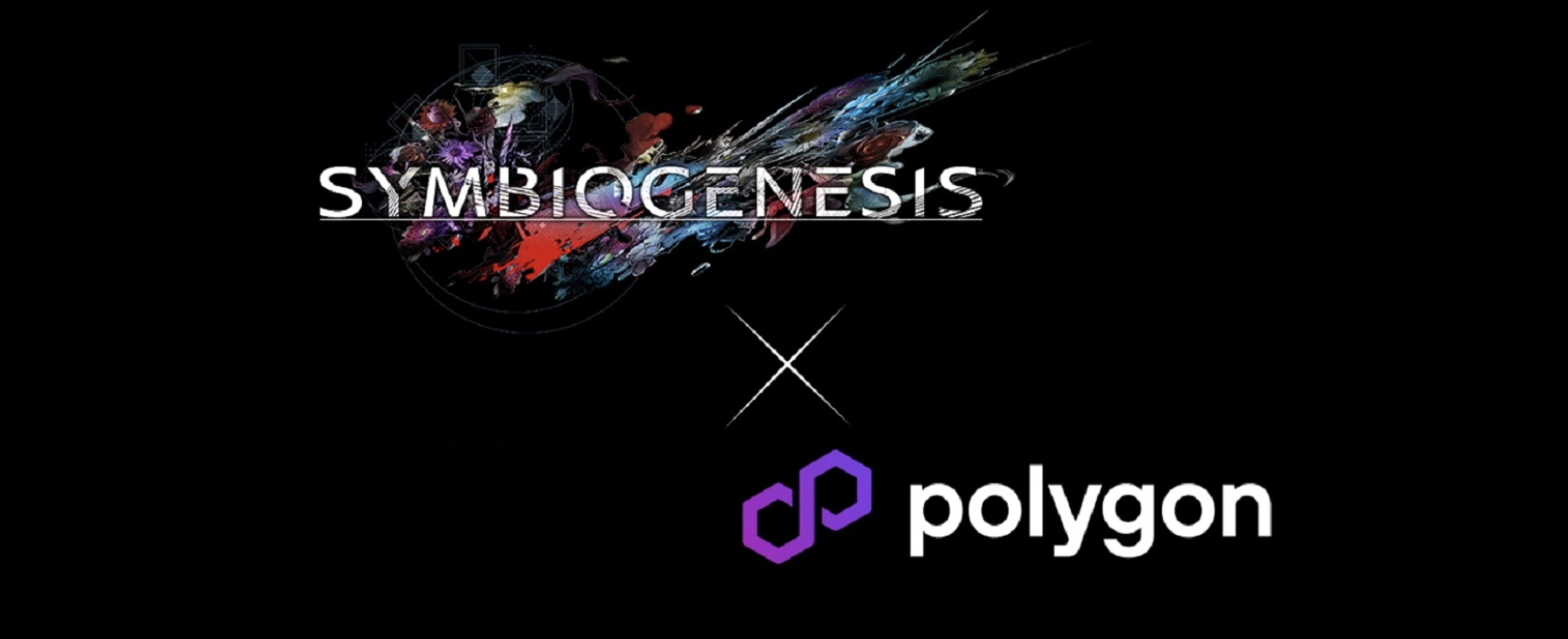NFT games have shown rapid growth since becoming widely known in 2015, particularly around the 2020s. Although blockchain may not yet completely transform the game business, it has certainly had an influence. One of the top gaming platforms, Polygon has enormous potential for future growth. We’ll examine the potential developments for the blockchain game on Polygon in this reading.
Interested in P2E games? Learn more about best Polygon NFT Games at ChainPlay.
What is Polygon?
Several decentralized apps and finance companies using Ethereum’s ecosystem use the well-known framework Polygon. Due to growing usage, the Polygon ecosystem has experienced rapid expansion over the past several months. Since February, its market valuation has increased tenfold, reaching over $11 billion. Its operations are cost-effective, carbon-neutral, sustainable, and efficient thanks to a Proof-of-Stake (PoS) blockchain.
Polygon and its journey into the future of gaming
Decentralized financial (DeFi) applications, such as decentralized exchanges, were the initial emphasis of Polygon’s blockchain (DEXs).
With its DeFi dapps, Polygon has always drawn consumers and developers as an Ethereum Layer-2 blockchain. The blockchain might combine the greatest features of sovereign blockchains and Ethereum to create a fully functional multi-chain system since Ethereum security allows for quicker and less expensive transactions. The patterns did, however, shift slightly in June 2021. Polygon game dapps began to appear in the top spots on the DappRadar rankings, signaling the arrival of a new wave.
Polygon has been fighting against prohibitively expensive transaction fees, often known as gas pricing, on the Ethereum blockchain since 2018. They even just won a bid from Meta to support bringing NFTs to Facebook and Instagram thanks to their growing interest in NFTs. The company’s gaming and NFT division Polygon Studios, which taps into the approximately $200 billion worldwide gaming market value and bridges the gap between Web 2 and Web 3 through investment, marketing, and developer assistance, is now receiving fresh talent and resources.
Launching of Polygon Studios
With the launch of Polygon Studios, its own game environment, the blockchain reiterated its emphasis on gaming in July 2021. At that time, a larger trend in the broader Web3 business was beginning to emerge with the introduction of a new platform for NFTs and play-to-earn games. Soon after, all of the new games created on Polygon noticed a rise in players; some dapps had increases as high as 1000%.
And numerous Polygon games found quick popularity in this approach. Arc8, Aavegotchi, Sunflower Land, and Pegaxy, for instance, are some of the well-known brands who choose to use Polygon to expand their gaming networks.
Developers began recognizing how much they could gain from this specific blockchain, whether they built dapps on Polygon or subsequently integrated with it, like The Sandbox did, for instance. The way these games climbed the charts demonstrated that Polygon could develop into a platform for gaming and entertainment with the proper items.
Huge portfolio of partners
Square Enix and Polygon established a cooperation in February 2023 in order to offer the first NFT title from the game developer to Polygon’s ecosystem. Symbiogenesis is a web3 digital collectable art experience that can be utilized as a character in a single tale as well as a profile photo on social networking.

Square Enix now joined Polygon’s extensive network of business partners. Polygon established a relationship with Magic Eden in November of last year, incorporating the NFT technology into their gaming environment.
How can NFT Games benefit from Polygon?
The Polygon (MATIC) technology solution’s objective is to increase the scalability of blockchain networks. The platform is commonly referred to as “Ethereum’s internet of blockchains” due to its prominence in the Ethereum ecosystem and its function as a communication hub for Ethereum-based initiatives.
Without compromising its flexibility, sovereignty, or scalability, the Polygon platform improves Ethereum’s interoperability, security, and scalability. Being an ERC-20 token, Polygon’s MATIC token may be used with other cryptocurrencies created on the Ethereum platform. The coin serves to manage and protect the Proof-of-Stake network and is also employed to cover network transaction costs.
The Polygon platform makes even high-transaction blockchain games more affordable for the general public by charging only roughly US $0.01 per transaction.
| Homepage | Click Hear |

